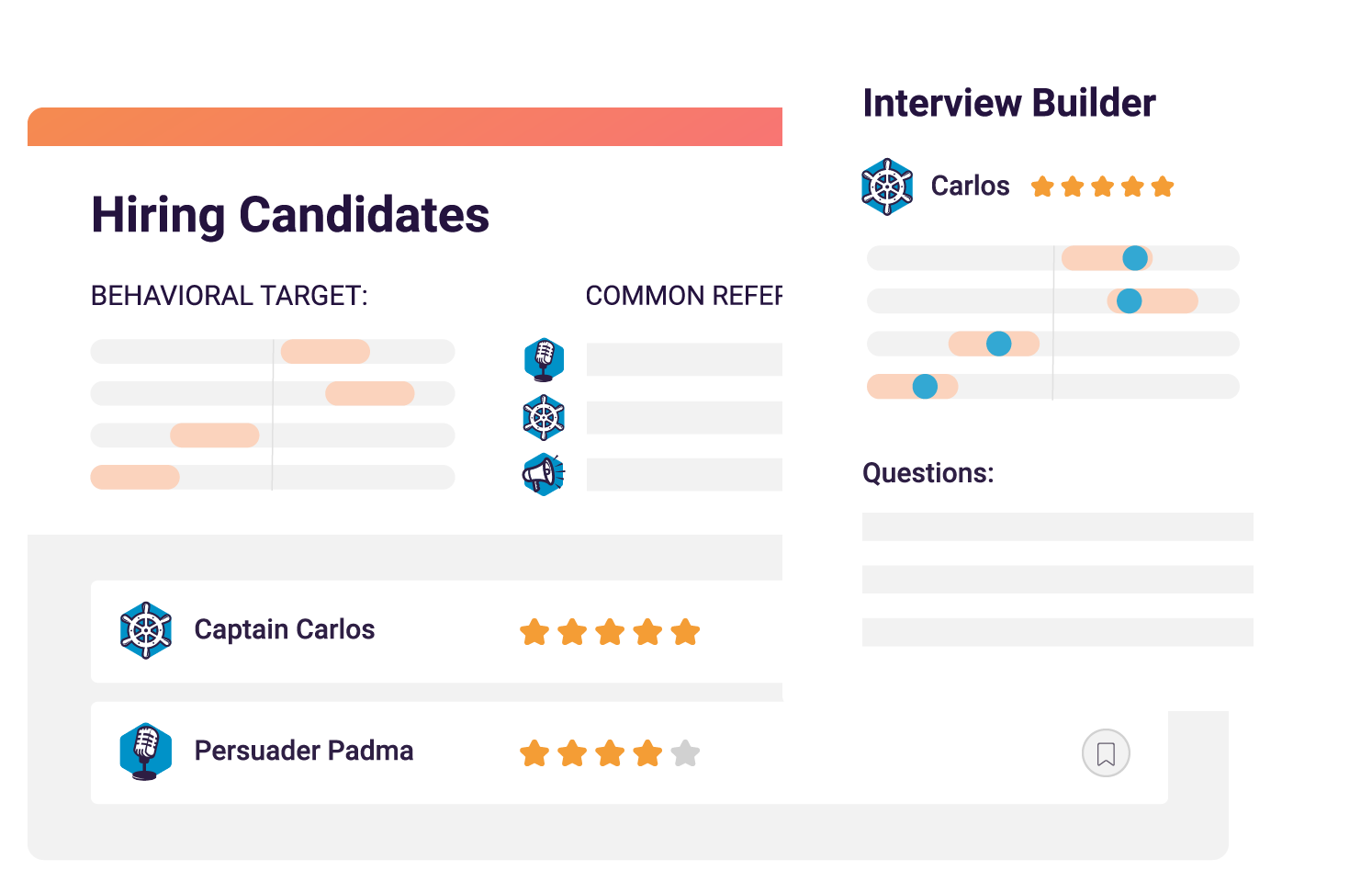By Sarah Mulvey
Have you ever wondered why you prefer to exercise (or not exercise) a certain way? Although all kinds of factors (the weather, your schedule, etc.) can have an impact on your fitness routine, it turns out that Factors in your PI Behavioral Assessment Pattern impact your workout choices as well. The Research Department at PI recently asked 104 volunteers to respond to questions about their health and fitness habits then linked their Behavioral Assessment results to their survey responses. As it turns out, there were quite a few moderate correlations between the two. Here’s how your PI Behavioral Assessment Factors could be affecting your fitness habits:
1. How much time you spend exercising – Volunteers who were driven by dominance, or the need to influence people or situations, (High A) were likely to spend the most time exercising every week. Those who were more people-oriented (High B) were also likely to spend more time exercising then those who were less so. Those who reported spending the smallest amount of time exercising tended to be driven by familiarly, preferring routine activities (High C).
2. How often you weigh yourself – Even though those who are more socially-driven (High B) tend to spend more time exercising, they are less likely to frequently use a scale to weigh themselves. In contrast, those who prefer routine (High C) were likely to weigh themselves frequently – perhaps because the scale is a stable, familiar way in which someone can gauge progress – or because their drive for stability inspires them to include the scale as part of their daily routine.
3. Whether you enter into fitness competitions – Your self-concept, or how you think others expect you to act, may influence your fitness habits as well. Volunteers who thought they needed to be more social (high Self Concept B) were the most likely to report that they had entered into some kind of fitness-related competition (such as a 5k) within the past year. Funnily enough, this same group was the least likely to report enjoying such competitions! It’s possible that people who think they need to be more social try to do so by entering in friendly competitions… and then end up not enjoying them at all.
4. Whether or not you enjoy endurance exercise – It turns out men and women have different motivation when it comes to endurance activities. Women who thought that they needed to be more routine (High Self Concept C) and less social (Low Self Concept B) turned to endurance – which makes sense for sports like long distance running, swimming or cycling, for which training often involves long, solitary hours spend on the road (or in the water). For men, it was those with a high capacity for activity (High M) who were more likely to enjoy endurance activities. So it seems that a high capacity for activity translates well to fitness-related activities.
5. How you’re motivated – Socially-driven (High B) volunteers were interested in working out for purposes such a looking fit to impress others or to engage in social, fitness-related activities. Remember, these socially-driven people were also more likely to spend time exercising, so it appears that this social pressure or motivation is a pretty strong driver when it comes to fitness. In contrast, people who were less socially driven (Low B) engaged in fitness for reasons that did not relate to other people, such as working out for the sake of being healthy. In addition, those who feel the need to take charge of different facets of their lives (High A) were more likely to exercise for the purpose of living a healthy lifestyle, or just to feel healthy all of the time. This must be pretty strong motivation for this group, considering that those volunteers with a higher drive to be dominant also spent the most amount of time exercising.
Next time you find yourself in a workout “lull,” it may be a good idea to ask yourself how you can use what you know about your motivating drives to improve your workout plan. You may find that the self-awareness the PI Behavioral Assessment provides is a powerful tool when it comes to designing a fitness plan that you will enjoy.
Need more help with your fitness plan? Check out “How to find the Best Workout for Your Personality” by Sarah Klein, a certified personal trainer and Senior Editor of Huffpost Healthy Living.








